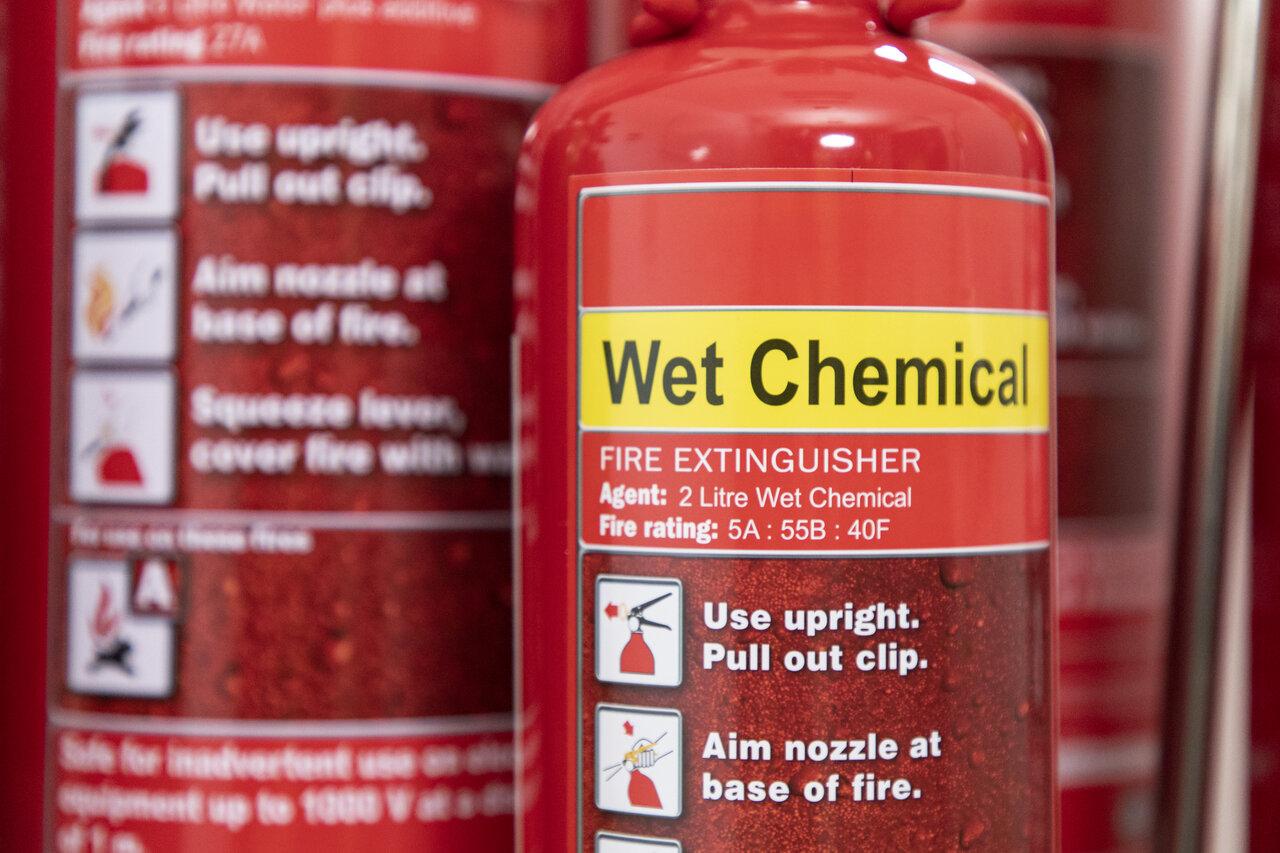Introduction:
Wet Chemicals Market Size is expected to grow USD 6.32 Billion by 2032, at (CAGR) of 6.80% during the forecast period (2023 - 2032).
Wet chemicals are a vital component of various industrial processes, playing a crucial role in cleaning, etching, and surface treatment applications across diverse industries. From semiconductor manufacturing to automotive production and beyond, wet chemicals serve as essential agents for achieving desired material properties and product quality. In this article, we explore the dynamic landscape of the wet chemicals market, examining key trends, applications, and growth opportunities.
Understanding Wet Chemicals:
Wet chemicals, also known as wet process chemicals or wet etchants, encompass a broad range of chemical substances used in wet processing applications. These chemicals are typically applied in liquid form, either through immersion, spraying, or brushing, to achieve specific surface modifications or material removal. Common types of wet chemicals include acids, bases, solvents, and specialty chemicals tailored for particular industrial applications.
Wet Chemicals Market Key Trends and Benefits:
- Surface Cleaning and Etching: Wet chemicals are widely used for cleaning and etching surfaces to remove contaminants, oxides, and unwanted layers. Acidic solutions such as hydrochloric acid (HCl) and sulfuric acid (H2SO4) are commonly employed for metal surface cleaning and etching, while alkaline solutions like sodium hydroxide (NaOH) are utilized for silicon wafer cleaning in semiconductor manufacturing.
- Surface Passivation and Treatment: Wet chemicals play a crucial role in surface passivation and treatment processes to enhance material properties such as corrosion resistance, adhesion, and surface energy. Specialty chemicals such as chromic acid (H2CrO4) and phosphoric acid (H3PO4) are used for passivating metal surfaces, while silane-based chemicals are applied for surface modification and functionalization in various industries.
- Photoresist Stripping: In semiconductor fabrication, wet chemicals are utilized for photoresist stripping, a critical step in the lithography process. Organic solvents such as acetone, methanol, and N-methyl-2-pyrrolidone (NMP) are commonly used for removing photoresist layers after patterning, enabling precise circuitry and device fabrication.
- Chemical Mechanical Planarization (CMP): Wet chemicals are essential components of chemical mechanical planarization (CMP) processes used in semiconductor wafer polishing and planarization. CMP slurries containing abrasive particles and chemical additives are employed to remove surface irregularities and achieve flatness, smoothness, and uniformity in semiconductor device fabrication.
Get a free sample @ https://www.marketresearchfuture.com/sample_request/12607
Wet chemicals market Companies include:
- BASF SE
- Chang Chun Group
- Dow
- Eastman Chemical Company
- Evonik Industries
- Formosa Daikin Advanced Chemicals Co. Ltd.
- Honeywell International Inc.
- Hubei Xingfa Chemicals Group Co. Ltd.
- KANTO KAGAKU
- Mitsubishi Electric Corporation
- Rin Kagaku Kogyo Co. Ltd.
- Santoku Chemical Industries Co. Ltd.
- Solvay Inc.
- Yingpeng Chemical Co. Ltd.
- Zhejiang Kaisn Fluorochemical Co. Ltd.
- Avantor Inc.
- CMC Materials
- FUJIFILM Corporation
- KMG Chemicals
- Linde PLC
- Songwon
- Technic Inc.
- C. Industrial Co. Ltd
Market Applications:
The wet chemicals market serves a wide range of industries and applications, including:
- Semiconductor Manufacturing: Wet chemicals play a pivotal role in semiconductor fabrication processes such as wafer cleaning, etching, passivation, and CMP. With the increasing demand for advanced semiconductor devices with smaller feature sizes and higher performance, the demand for high-purity wet chemicals is on the rise.
- Electronics and Microelectronics: Wet chemicals are utilized in electronics and microelectronics manufacturing for cleaning, surface treatment, and photoresist stripping applications. These chemicals enable the production of high-quality electronic components, printed circuit boards (PCBs), and microelectromechanical systems (MEMS) devices.
- Automotive and Aerospace: In the automotive and aerospace industries, wet chemicals are employed for surface treatment, coating removal, and metal finishing applications. These chemicals help enhance the durability, corrosion resistance, and aesthetic appeal of automotive parts, aircraft components, and structural materials.
- Metal Finishing and Plating: Wet chemicals are integral to metal finishing and plating processes for achieving desired surface properties such as brightness, smoothness, and corrosion resistance. Acidic and alkaline solutions are used for cleaning, etching, and activating metal surfaces prior to electroplating or electroless plating.
Future outlook:
The wet chemicals market is expected to witness steady growth, driven by increasing demand from semiconductor manufacturing, electronics production, and industrial sectors. Technological advancements, such as the development of eco-friendly and high-performance wet chemicals, are anticipated to drive market expansion. Additionally, the proliferation of advanced materials, miniaturization trends, and stringent quality standards are expected to fuel the demand for wet chemicals in precision manufacturing applications.
Read more article –
SiC Wafer Polishing Market Research Report – Forecast till 2032
Metallized Capacitor Film Market Research Report – Forecast till 2032
Europe Building Automation Systems (BAS) Market Research Report – Forecast till 2032
Europe Warehouse Automation Market Research Report – Forecast till 2032
Europe Robotics Market Research Report – Forecast till 2032

